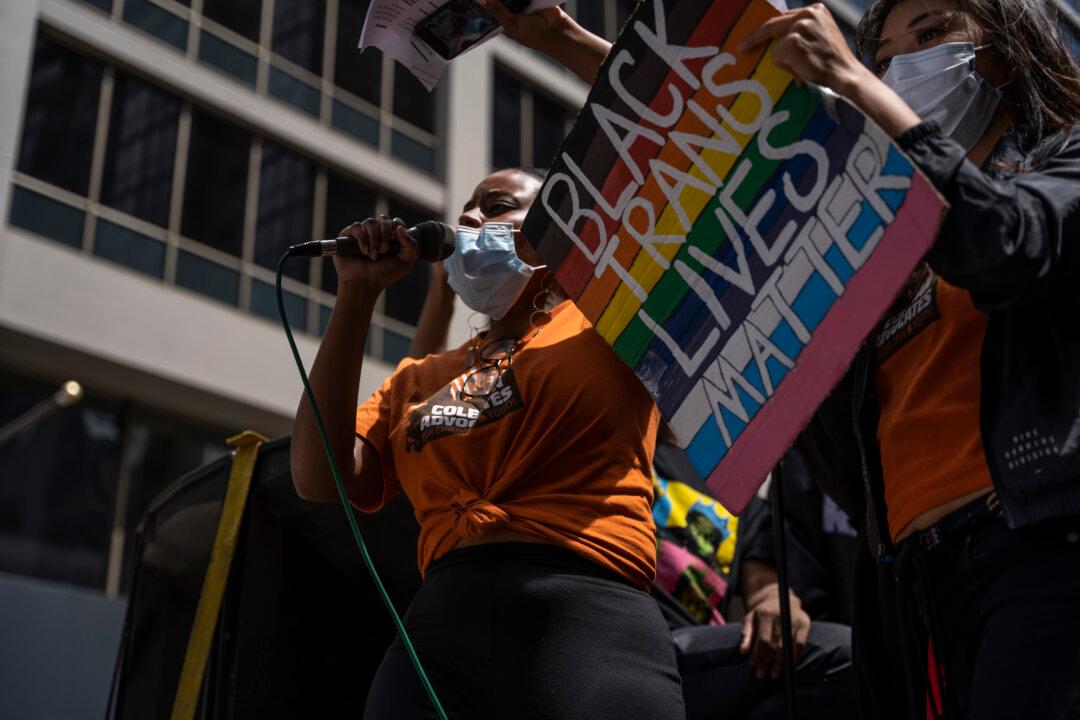A number of activist groups in California are calling for more government involvement and community engagement in discussions regarding reparations, while those willing to publicly criticize the idea appear to be few and far between.
Tiffany Quarles of the National Assembly of American Slavery Descendants (NAASD) said the organization sent a letter to the state’s Reparations Task Force requesting it push for President Joe Biden to sign an executive order establishing a presidential reparations commission.





